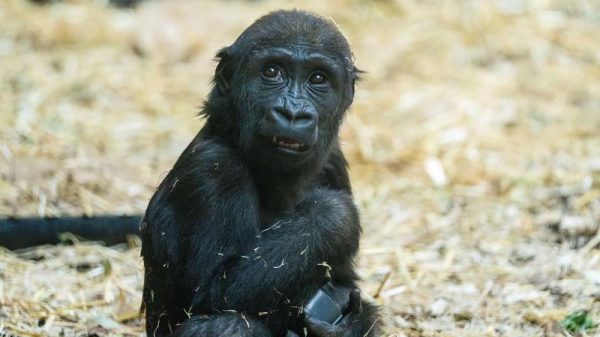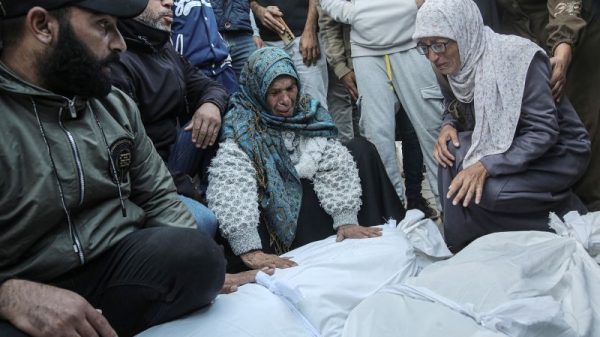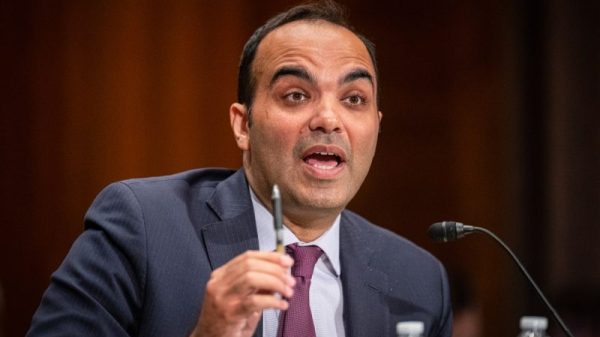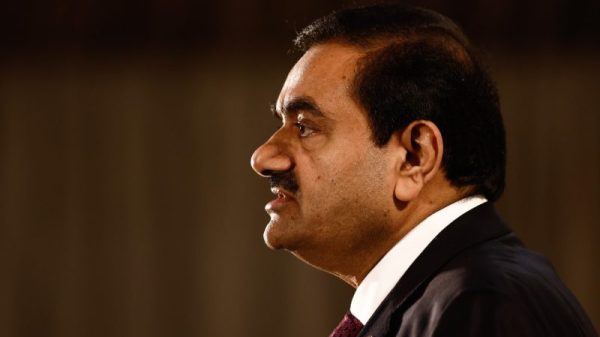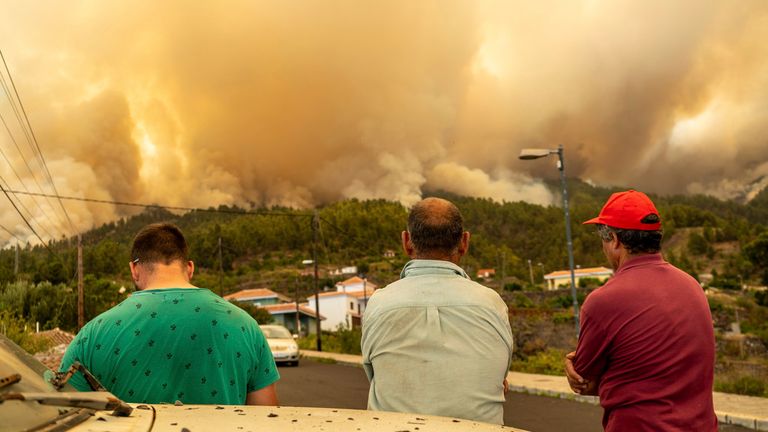Climate change caused by humans fuelled all the ten deadliest weather events of the last two decades, analysis has found.
The ferocious cyclones, heatwaves, drought and flooding, including in Europe, have killed more than 570,000 people.
All were all made more intense and more likely in a hotter atmosphere, the World Weather Attribution (WWA) group at Imperial College London said as it marked its 10th anniversary.
Its research shows how scientists can detect the “fingerprint of climate change” in complex weather events – such as the recent deadly flooding in Spain.
“Climate change isn’t a distant threat,” said Dr Friederike Otto, co-founder and lead of World Weather Attribution.
“This study should be an eye-opener for political leaders hanging on to fossil fuels that heat the planet and destroy lives.
“If we keep burning oil, gas and coal, the suffering will continue.”
The team analysed the ten deadliest weather events in the International Disaster Database since 2004. These were:
- Bangladesh, Cyclone Sidr, 2007: 4,234 died
- Myanmar, Cyclone Nargis, 2008: 138,366 died
- Russia, heatwave, 2010: 55,736 died
- Somalia, drought, 2010-2012: 258,000 died
- Uttakarand, India, flood, 2013: 6,054 died
- Philippines, Typhoon Haiyan, 2013: 7,354 died
- France, heatwave, 2015: 3,275
- Europe, heatwaves, 2022: 53,542
- Europe, heatwaves, 2023: 37,129
- Libya, Storm Daniel, 2023: 12,352
The 2023 heatwave saw temperatures in the western Mediterranean that would have been “impossible” without climate change, it said. It showed how even a wealthy, well-resourced area was vulnerable.
The deadliest event was the drought in Somalia in which 258,000 people died. Crop failures led to famine.
Climate change had made the low rainfall more likely and intense, and made the drought worse by rising temperatures that licked more water from the land, WWA said.
The group warned the combined death toll is a “major underestimate”, as millions more heat-related deaths likely went underreported in official statistics.
Their analysis is not peer-reviewed but uses peer-reviewed methods. WWA is one of the leading global organisations in science that assesses the role of climate change in extreme weather.
The researchers said the findings show how climate change is “already incredibly dangerous at 1.3°C of warming”.
Last week the UN Environment Programme warned the world is on track for 2.6-3.1C of global warming above pre-industrial levels, before humans started burning fossil fuels at scale.
In November global leaders will meet in Baku, Azerbaijan, for COP29, the UN’s annual climate talks.
The high-stakes negotiations aim to agree a new fund to help developing countries ditch fossil fuels – the main cause of climate change – and adapt to harsher weather in a hotter world.
At the COP27 climate talks in Egypt in 2022, a separate fund was agreed to pay specifically for the losses and damage caused by climate change that are so bad they are beyond the realms of adapting to, such as the loss of lives.
But the fund is not expected to start paying out until at least 2025, and the amount pledged so far is a fraction of what is needed.







